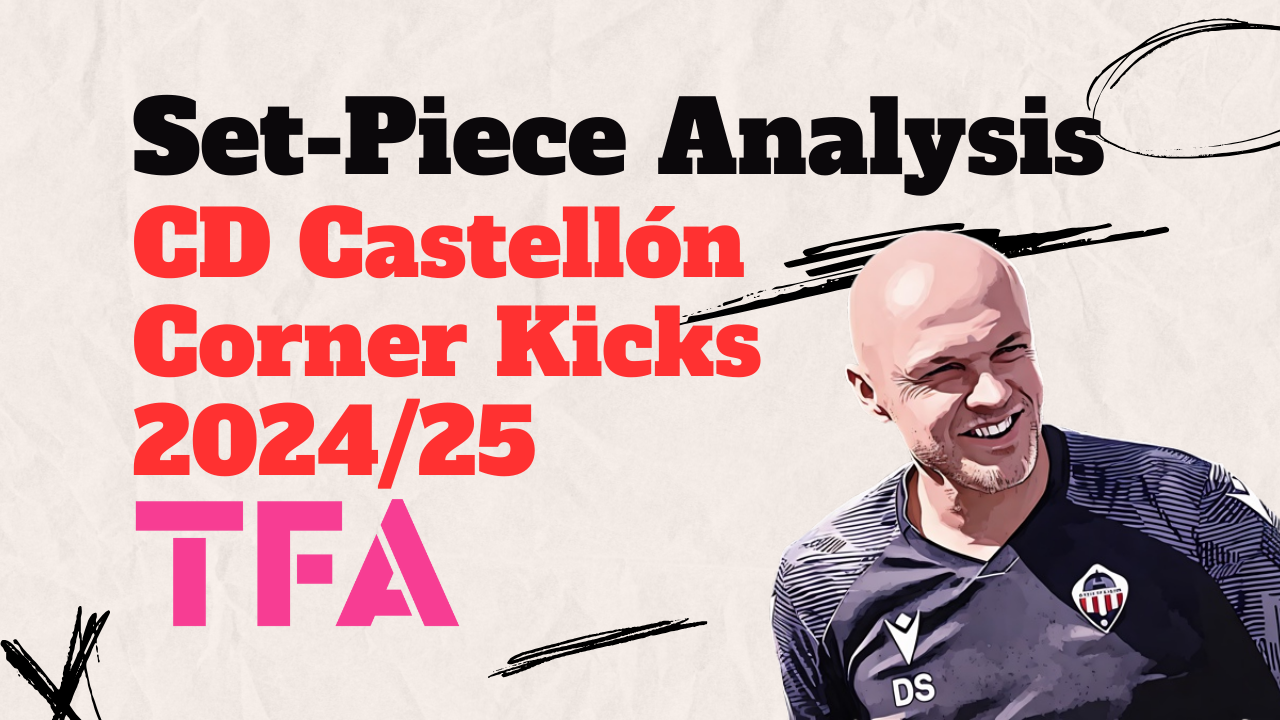The game of football and the world of cryptocurrencies have in the last few years merged with the help of blockchain technology which is driven by innovation. Previously seen as two different worlds – the thrill on the football field and the intricacy of digital economics – now cross paths and create opportunities for supporters, teams and individual athletes. However, this merging goes beyond mere speculation; it is reforming the core aspects of the football itself.
A New Playbook for Finance
At the heart of this revolution lies blockchain technology, a decentralized ledger system that ensures transparency, security, and immutability of transactions. Cryptocurrencies powered by this technology transform many industries, from gaming with BTC Hi-lo game online and revolutionizing global finance to reshaping supply chain management. In the context of football, blockchain is disrupting traditional financial structures, offering solutions to longstanding issues such as ticketing, merchandise sales, and player transfers.
Tokenization is a key aspect of blockchain technology that can revolutionize financial aspects in football. The idea of giving out some digital rights which will represent the ownership as well as fan activity has been under consideration by clubs. Through these tokens, supporters can make monetary investments towards their teams, have a say in club matters, access special materials and events. This form of democratized ownership may change how fans relate with clubs, creating more involvement and commitment.
Revolutionizing Player Transfers
The transfer market, a cornerstone of football’s economic landscape, is also undergoing a transformation thanks to blockchain technology. Smart contracts, self-executing agreements coded onto the blockchain, have the potential to streamline transfer negotiations, eliminate intermediaries, and ensure the timely execution of deals.
In addition, the blockchain allows for easy keeping of records concerning how players perform, developing an all-round unchangeable profile about the player including the abilities, accomplishments as well as future possibilities. With such information at hand in relation to scouting and recruitment procedures, this new technique based on data could help clubs better determine their choices and find new talents in emerging economies.
Enhancing Fan Engagement
Beyond the realm of finance and transfers, blockchain is enhancing fan engagement and monetization strategies for football clubs. Non-fungible tokens (NFTs), unique digital assets stored on the blockchain, have opened up new opportunities for clubs to create and monetize digital collectibles, including rare player cards, virtual memorabilia, and exclusive content.
Moreover, blockchain-powered platforms are enabling fans to participate in tokenized voting systems for key club decisions, such as selecting the next captain or choosing the design of the team’s jersey. This direct engagement empowers supporters and fosters a sense of community ownership over the club’s identity and direction.
Challenges and Opportunities Ahead
Despite the huge potential of the interplay between football and crypto, there are also many problems and doubts associated with it. To fully exploit blockchain technology in football, it is important to overcome regulation challenges, deal with complex technologies as well as ensure that there are no issues regarding the safety or privacy of users’ data.
Moreover, the rapid evolution of blockchain technology requires clubs, governing bodies, and stakeholders to adapt quickly and thoughtfully. Collaboration, experimentation, and innovation will be essential in navigating this new frontier and harnessing its benefits for the benefit of the sport and its global community of fans.
Summary
Football and crypto coming together signifies a new era in the game play, control and experience. If the participants of football embrace blockchain, then they can change finance, transfers and fan interaction forever; this will lead to an increased level of visibility, efficiency as well as inclusivity.
As clubs, players, and fans navigate this evolving landscape, one thing is clear: the future of football is being written on the blockchain, and its impact will be felt on and off the pitch for years to come.





Comments